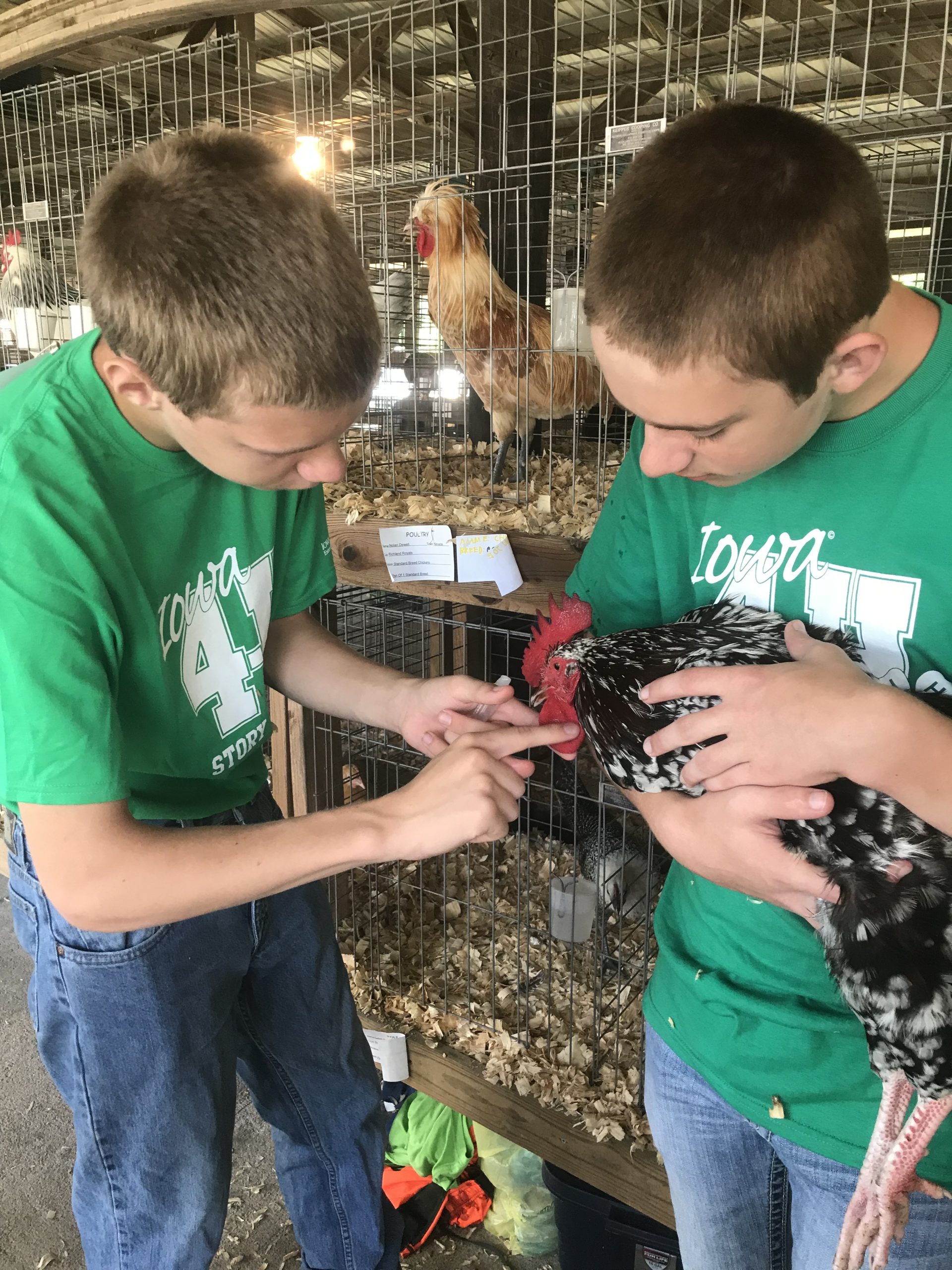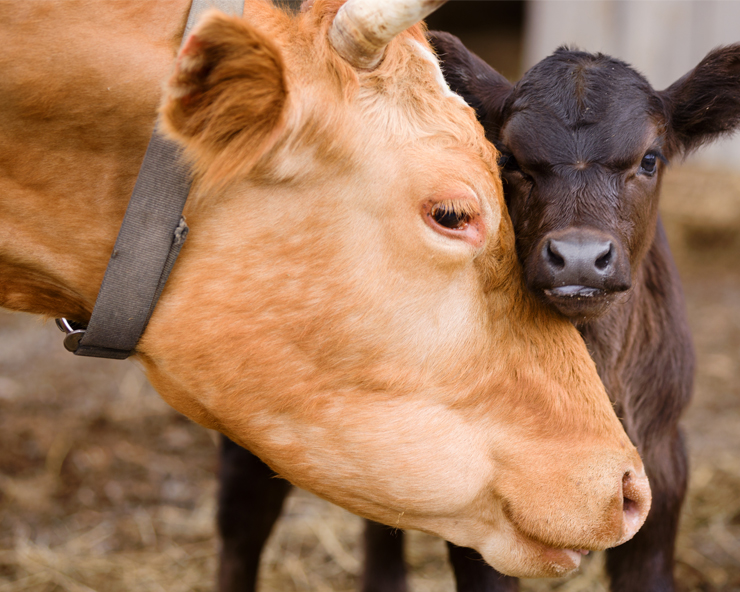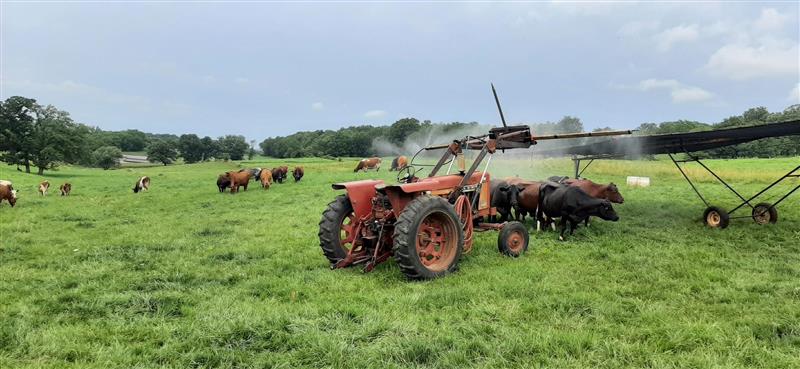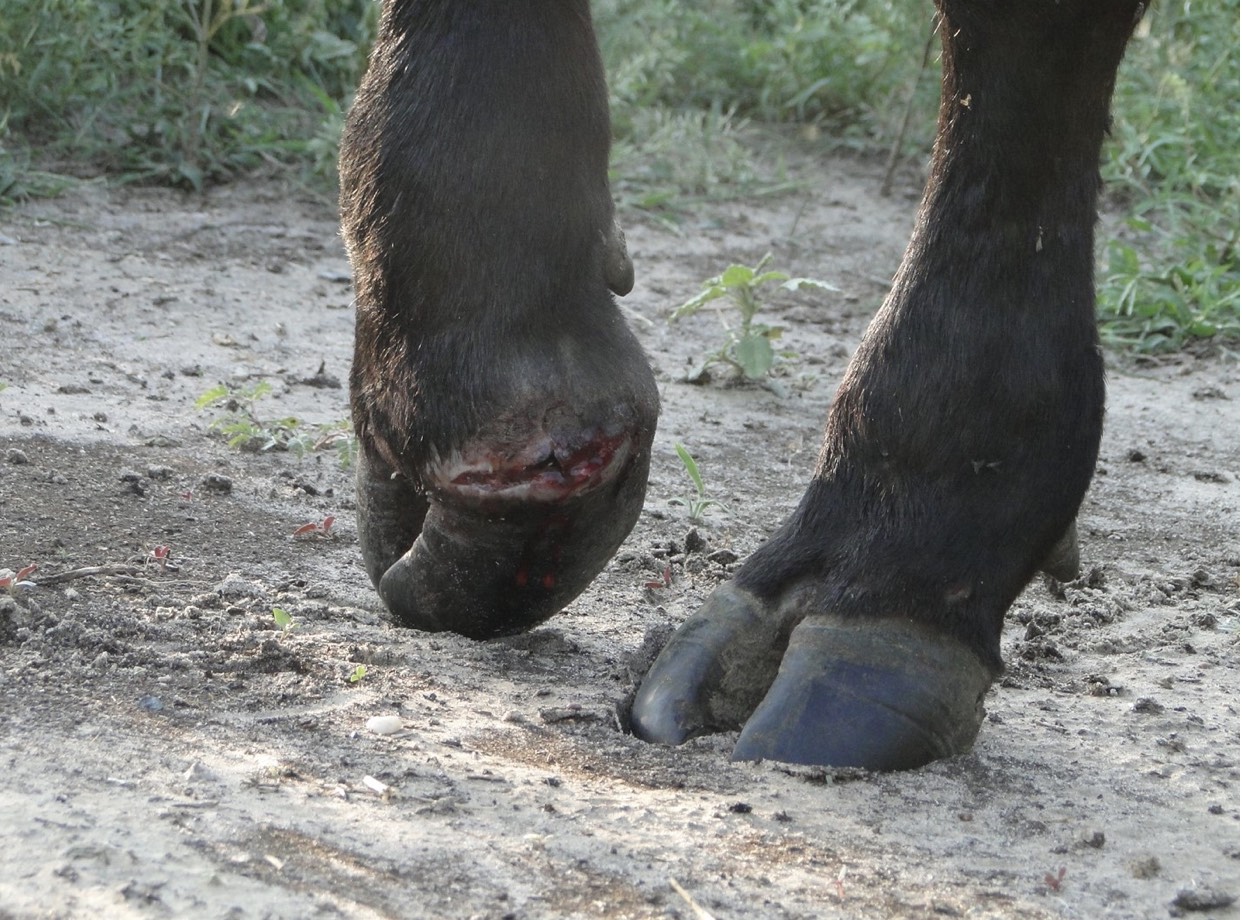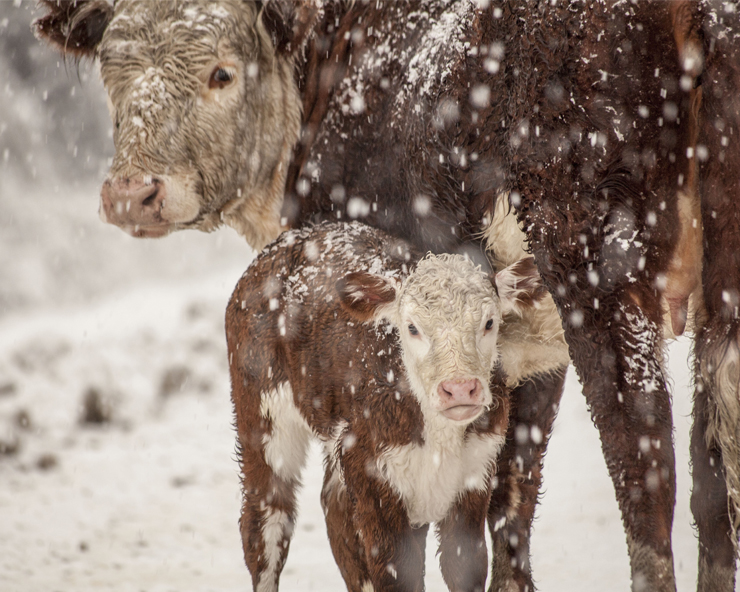Small Farms Animal Health Survey
Small farms matter! Over the coming year, The Livestock Conservancy and the Center for Food Security and Public Health at Iowa State University will develop practical animal health information made for YOU. Together, we hope to create better tools for small farmers and especially breeders, to help keep animals healthy, and to know what to … Read more






